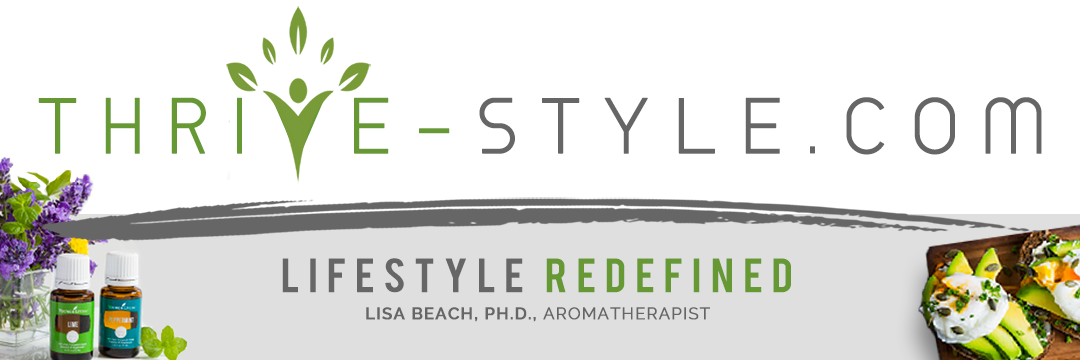It’s not that I want to rub it in that I just moved back to the beach… but, I just moved back to the beach. I know my friends and family in NY are freezing this week, and I’m sorry for you. I will gladly enjoy the SoCal sun for all of us.
That said, I thought I’d share something I’ve learned over the past couple years about sun protection. When I started to be more concerned with the level of chemicals I expose my body to through body care products, it occurred to me that sunscreen probably had a bunch of toxic gunk in it. I was right, and I searched far and wide for the best natural sunscreens that actually work. The good news is that there are some! (Dr. Mercola’s is my favorite–of course, the zinc in the sunscreens that work is white and pasty, but that’s a small price to pay for skin protection). For my face, I wear this daily. When I first moved to California, I was having issues with melasma (skin darkening on my face in patches), and so it was extra important for me to protect my skin. This stuff works, and it makes my skin feel amazing too.
What I’m not telling you today is that you can eat certain foods instead of wearing sunscreen.
Your sunscreen needs will be determined by your specific skin. My husband has such fair skin that he practically gets burned by just knowing it’s sunny outside. He has to wear sunscreen in addition to eating these foods (he’s bald too, so his head is pretty sensitive and can get burned just from sitting outside at brunch for an hour or so). On the other hand, I went an entire year without ever putting sunscreen on once other than on my face, and I never got burned. I do have an olive-ish complexion, but I’ve definitely experienced sunburns in the past (my worst one was when I lived in Boston—so even in the Northeast).
My only explanation for not needing sun protection, even with daily walks and weekend jaunts to the beach, is my diet.
I did some research, and this all makes a lot of sense now!
Foods that Help Prevent Sunburn
Green Tea – the catechin content protects against the sun’s radiation
Pomegranates – the ellagic content helps protect against damaging UVA and UVB rays
Guava – foods high in antioxidants (guava is specifically super vitamin C) prevent sunburn
Tomatoes – lycopene in tomatoes prevents sunburn
Coconut Oil – medium chain fatty acids nourish and help regenerate skin cells and protect against sun damage
Red Wine – proanthocyanidins and resveratrol have shown to have protective benefits from the sun
Blueberries – similar to wine, blueberries contain proanthocyanidins
Chocolate – flavonoids (antioxidants) in chocolate have been found to be protective of the skin
Bonus Skin Protection Supplements:
Vitamin D – adequate vitamin D has a protective effect against sun damage
Astaxanthin – This super powerful antioxidant has been shown to protect the skin against sunburn (it’s also in salmon and shrimp)
Fermented Cod Liver Oil – The healthy fats in this (plus the vitamin D content) nourish and protect the skin
Note: Having a diet that is high in anti-inflammatory foods and low in foods that cause inflammation (like vegetable oils, sugar, and processed foods) provides the best foundation for the protective foods to work as best they can for you and your skin type.
I haven’t eaten any guava recently, and I don’t drink a lot of green tea, but my diet is very high in coconut oil, chocolate, and red wine (when I’m not pregnant). I also take both astaxanthin (for the antioxidant effects) and fermented cod liver oil. I definitely get my share of Vitamin D exposure outside, and I also eat tomatoes, pomegranates, and blueberries sometimes. Overall, it appears that a diet high in antioxidants is key to preventing sunburn–and it has many other benefits as well!
Please don’t just ditch your sunscreen—but add some of these foods, and see over time how your skin reacts differently to the sun!
References:
http://www.ncbi.nlm.nih.gov/pubmed/21733837
http://www.ncbi.nlm.nih.gov/pubmed/21217086
http://www.ncbi.nlm.nih.gov/pubmed/6582290
http://www.ncbi.nlm.nih.gov/pubmed/19020550
http://www.ncbi.nlm.nih.gov/pubmed/21664718
https://www.sciencenews.org/blog/food-thought/chocolate-sunscreen-0


